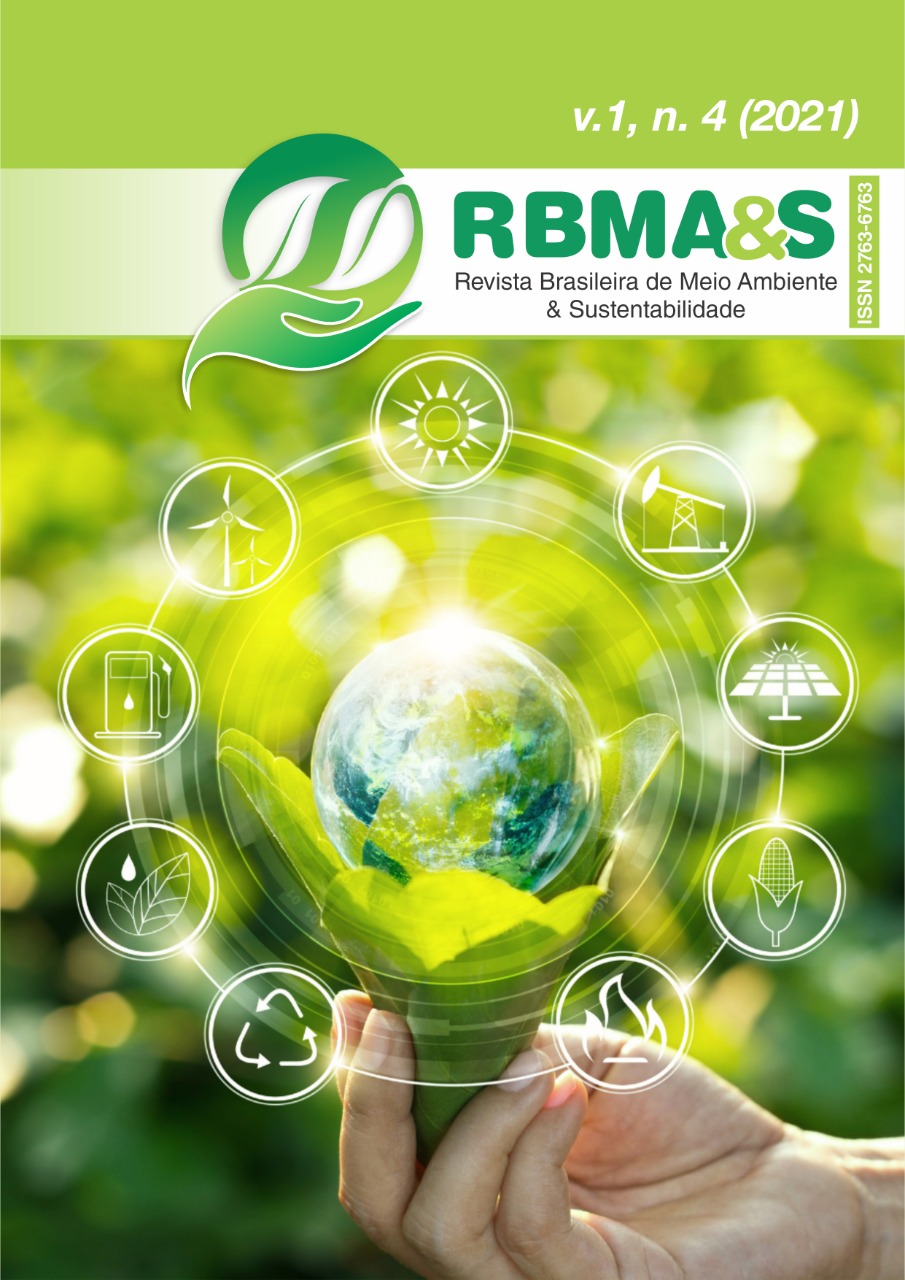EVALUATION OF THE SELECTIVE COLLECTION OF URBAN SOLID WASTE IN THE CITY OF CRISSIUMAL - RS
Main Article Content
Abstract
With the Industrial Revolution, new technologies emerged that led to an increase in the generation of solid waste. As a result, solid waste management and management problems have increased, in addition to the various impacts on the environment. Selective collection in accordance with the National Solid Waste Policy is the responsibility of the municipalities and can contribute to the proper disposal of waste. Thus, this work aimed to evaluate the selective collection of urban solid waste in the central region of the city of Crissiumal - RS. The solid residues generated in this area were collected through 24 samples, consisting of 12 samples of dry residues and 12 samples of organic residues, for the determination of the gravimetric composition. An interview was also carried out with the municipality's environmental sector and with the driver responsible for selective collection. The results obtained with the evaluation of the gravimetric composition of waste on days of dry waste collection and organic waste collection, allowed us to observe that on days destined for dry waste there were 32.40% of the samples with mixtures (organic waste and tailings); on the days destined for organic waste, there was a small fraction (5.57%) of waste considered to be dry. With the completion of the work, as well as with the interviews, it was possible to conclude that there are mixtures of waste disposed for collection in the city of Crissiumal - RS and that are difficulties in managing and managing the waste, requiring constant educational campaigns about the separation and disposal of waste in the municipality.
Downloads
Article Details

This work is licensed under a Creative Commons Attribution 4.0 International License.

